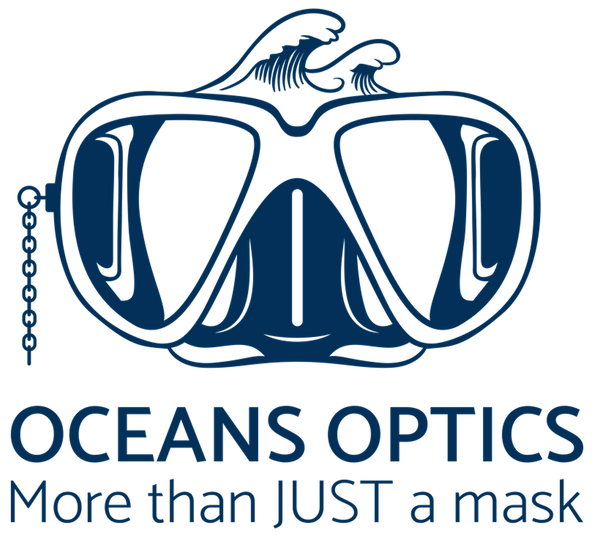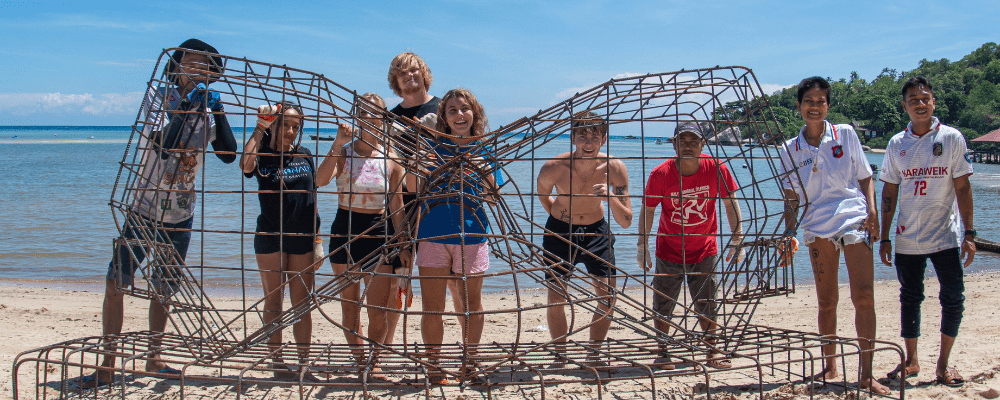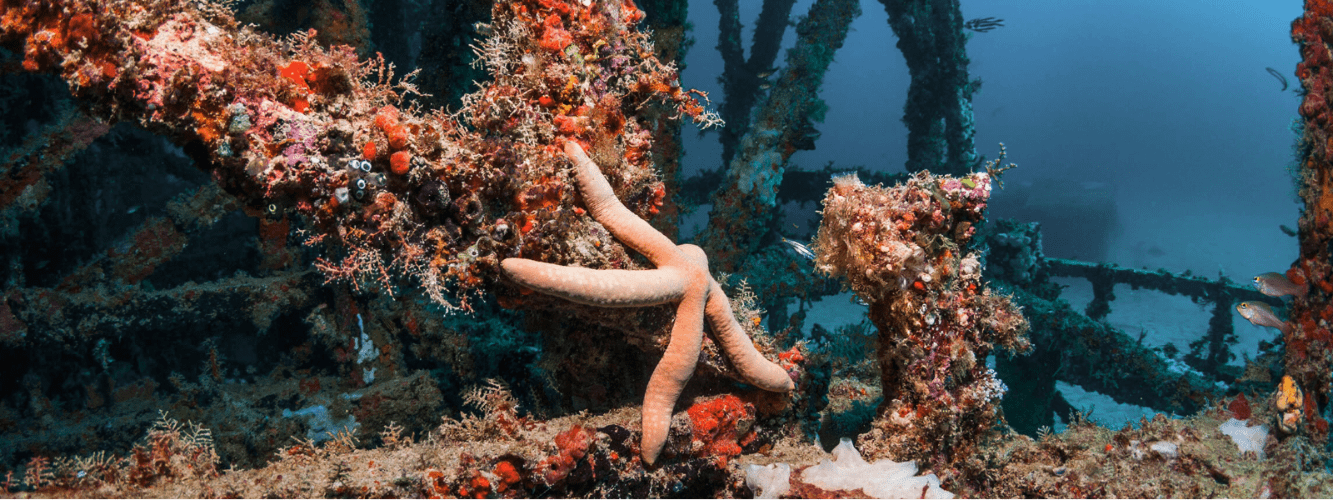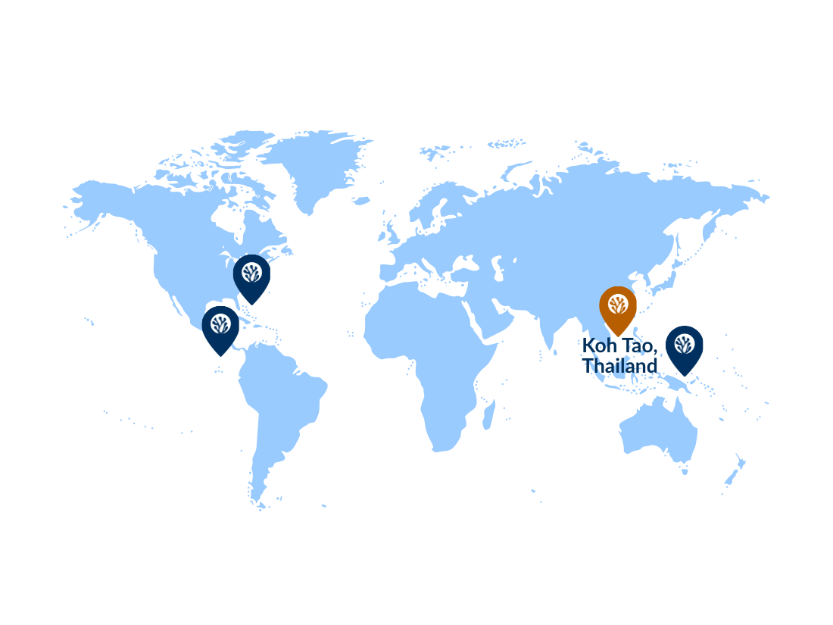Learn About Our Artificial Reef Project
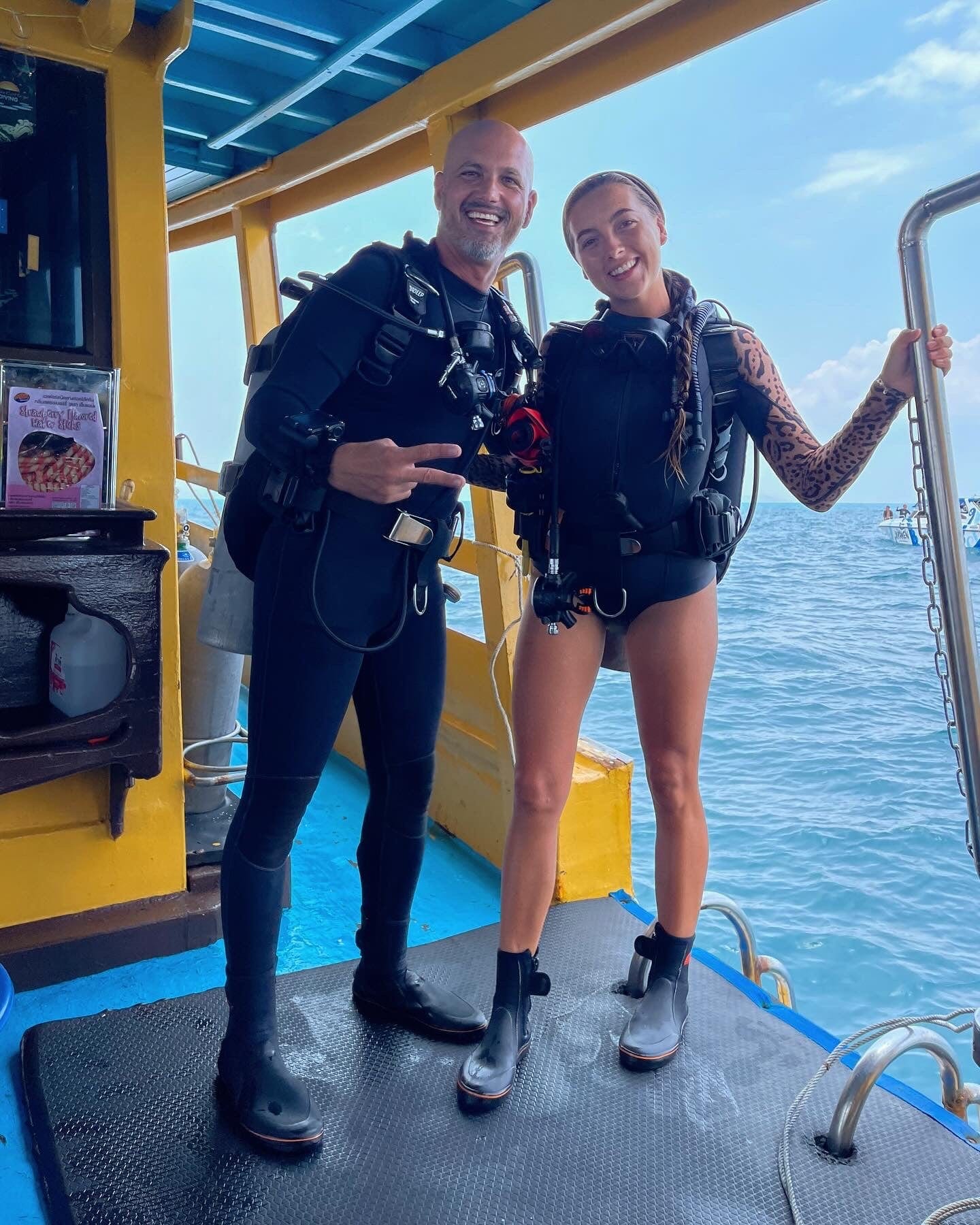
Why We Decided to Embark on This Project
Oceans Optics is the pinnacle of a small business, founded by two professional dive instructors, snorkel enthusiasts, and ocean lovers who have arguably spent more time in the ocean than on land (or at least dream to).
How Prescription Snorkel masks are transforming the Ocean
While Oceans Optics was created to help people with blurry vision see clearly and experience snorkeling with confidence, we knew from the start that this was about more than just prescription snorkel masks, we wanted to use this company as a vessel to protect the very thing we encourage our community to explore, the ocean. Magical, transcendent, yet fragile.
We wanted to be that small part of someone’s day where they hear good, powerful, uplifting news.
And what better way than by using proceeds from corrective snorkel masks to plant coral reefs, instead of destroying them?
What Is an Artificial Coral Reef?
An artificial reef is a specially designed structure, often made from materials like concrete or steel, that’s placed on the ocean floor to encourage marine life to grow and thrive.
In our case, it’s a custom-built steel structure shaped like a prescription scuba mask and sunk beneath the surface, where we attach living coral fragments. Over time, these corals grow and attract fish and other sea creatures, transforming the structure into a living reef, a safe haven for marine life.
Benefits of an Artificial Reef
-

Restores Marine Habitats
Provides a stable foundation where corals can attach and grow, creating a new home for fish, crustaceans, and countless marine species.
-
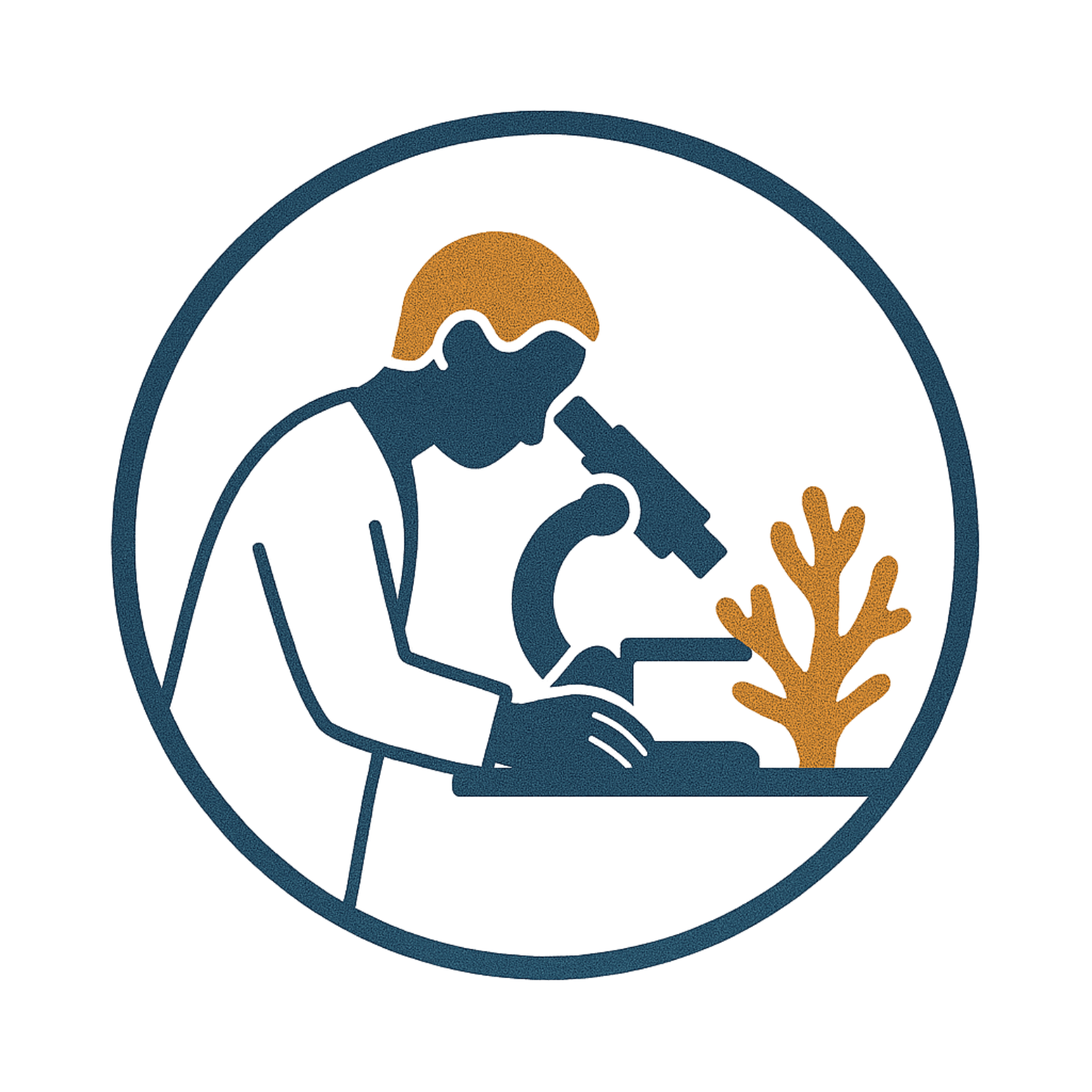
Promotes Research and Education
Offers valuable opportunities for studying coral growth, reef restoration, and marine conservation.
-
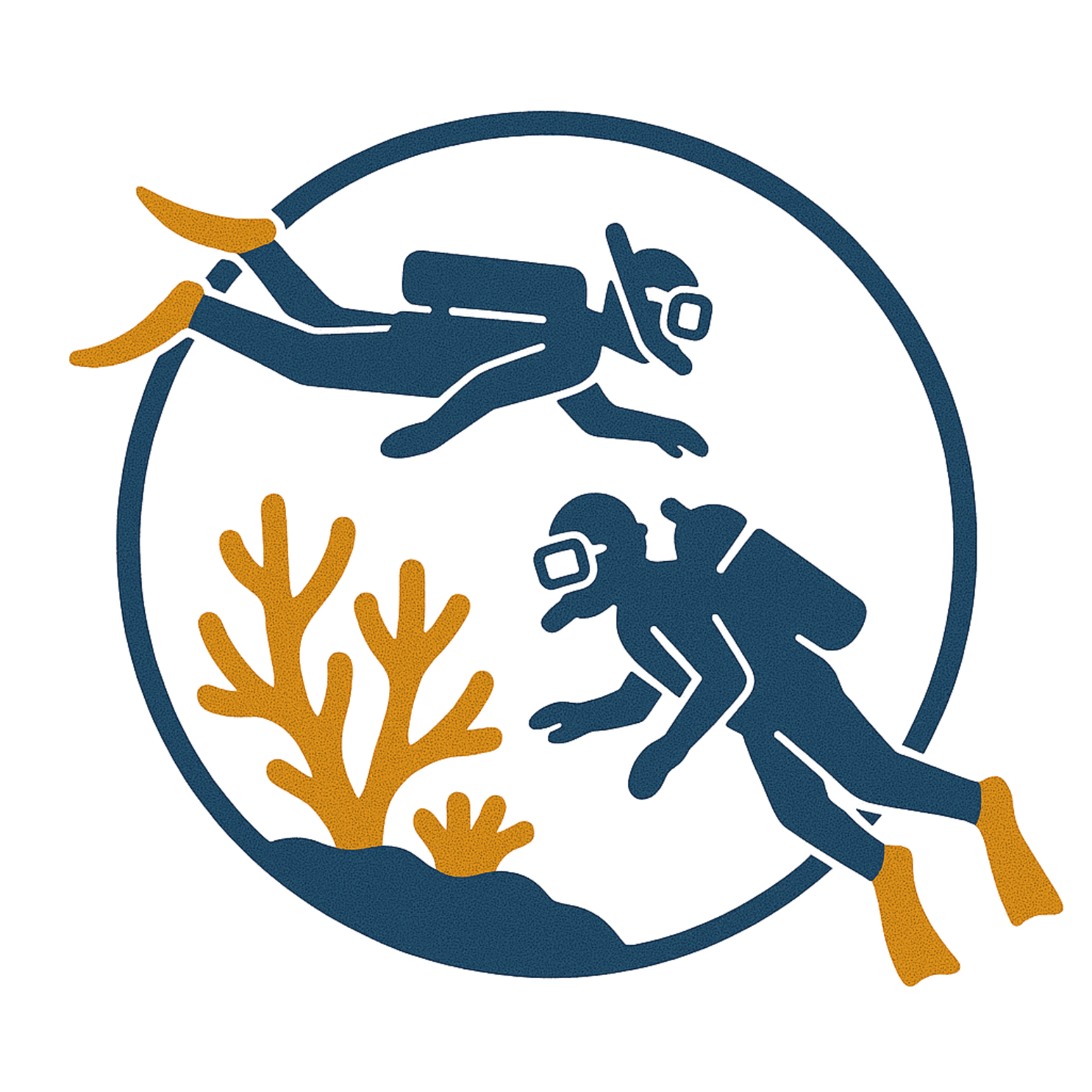
Eases Pressure on Natural Reefs
By creating an alternative habitat, it helps divert activitys such as diving away from fragile natural reefs, giving them time to recover.
-

Inspires Ocean Awareness
Projects like ours connect people to the ocean, showing how human creativity can play a role in restoring balance beneath the waves.
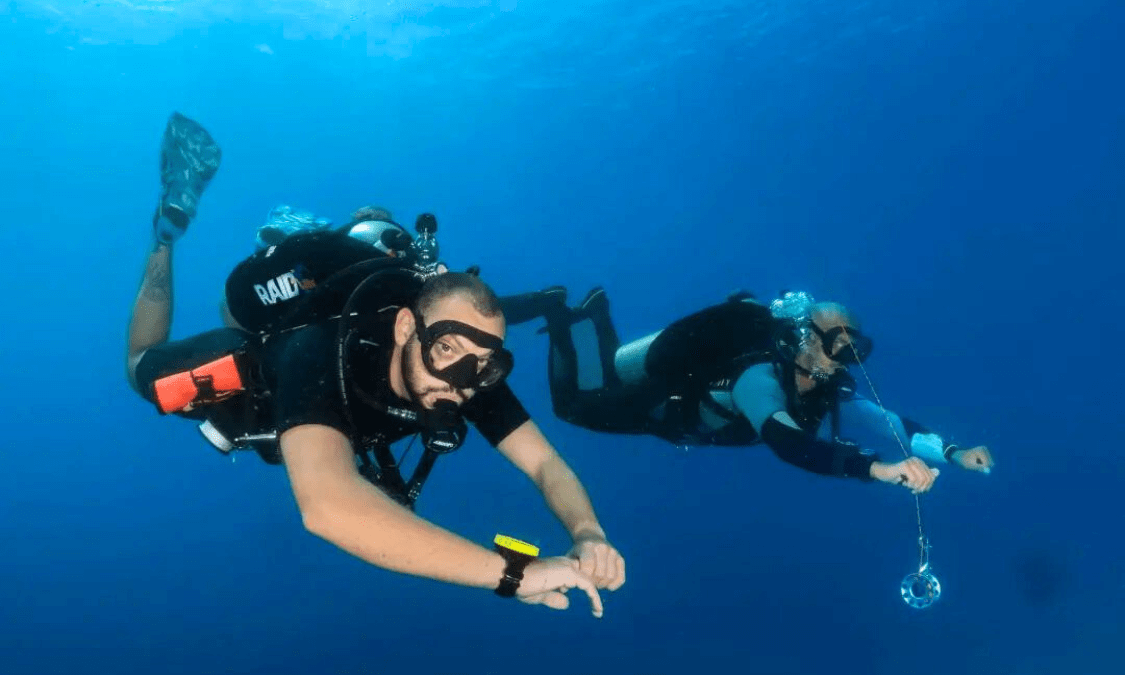
step 1
Professional Marine Conservation Partnership
First, we teamed up with Global Reef, a marine conservation organization based in Koh Tao, Thailand. This partnership allowed us to ensure our project was executed correctly and designed to maximize its benefits. Global Reef works hand in hand with the Thai Department of Marine & Coastal Resources, ensuring every reef project meets the highest standards.
They also handle upkeep, coral planting, and monitoring coral growth, using the reef as a resource for ongoing research.
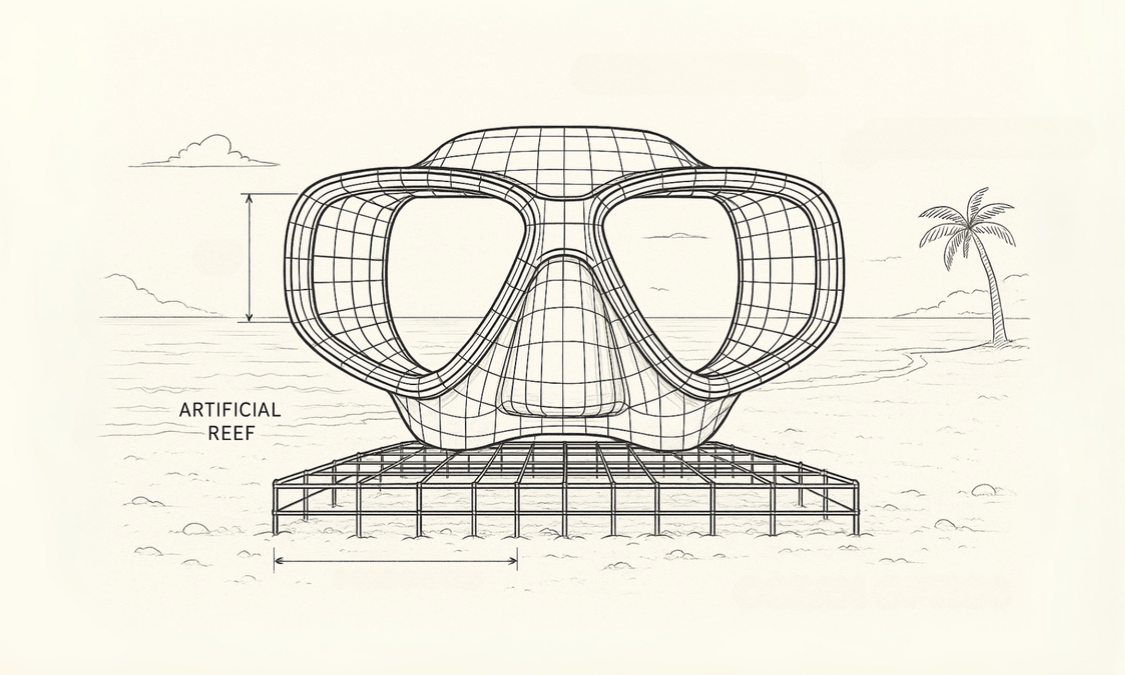
STEP 2
Design Phase
Next, we had to dream up a structure that would first be optimal for coral growth and secondly serve as a cozy home for fish and other marine species.
Of course, we added a bit of Oceans Optics flair, creating a sturdy, prescription scuba mask-shaped structure with plenty of little crevices for fish to call home and ample space for coral planting.
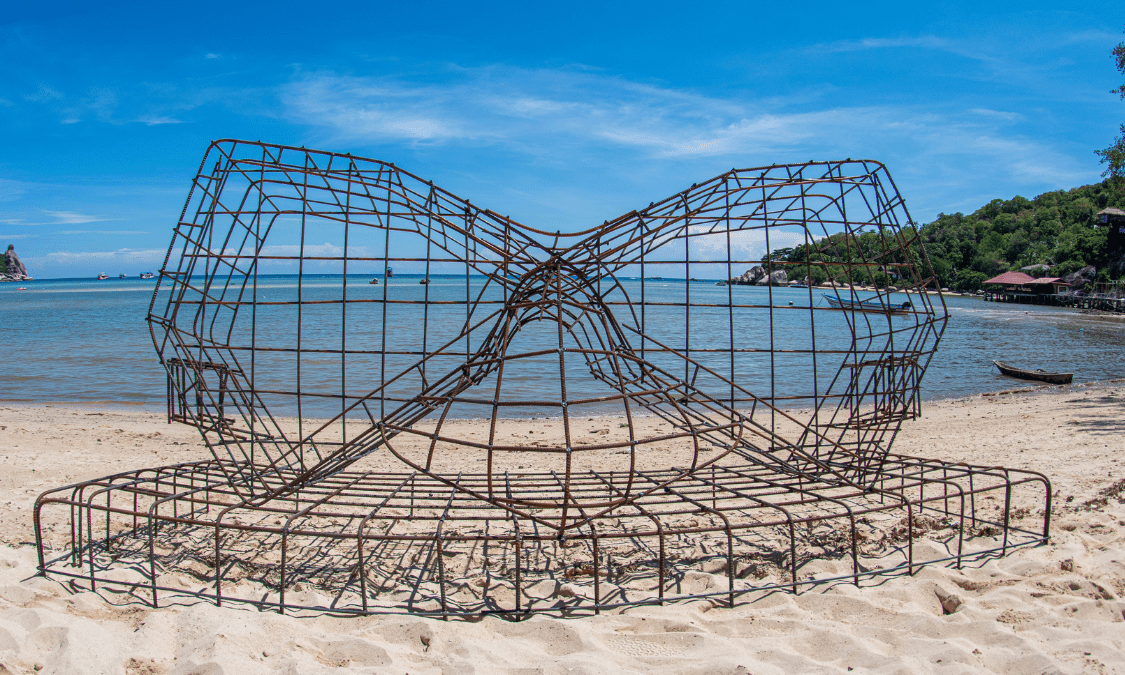
Step 3
Construction Phase
We had the mask welded using roughly 100kg of marine-safe steel rebar and reinforced to ensure long-term integrity on the ocean floor.
The structure took around 20 days to be completed, including all the finishing touches to help it replicate an Oceans Optics prescription snorkel mask (as best is possible with steal rebar..)
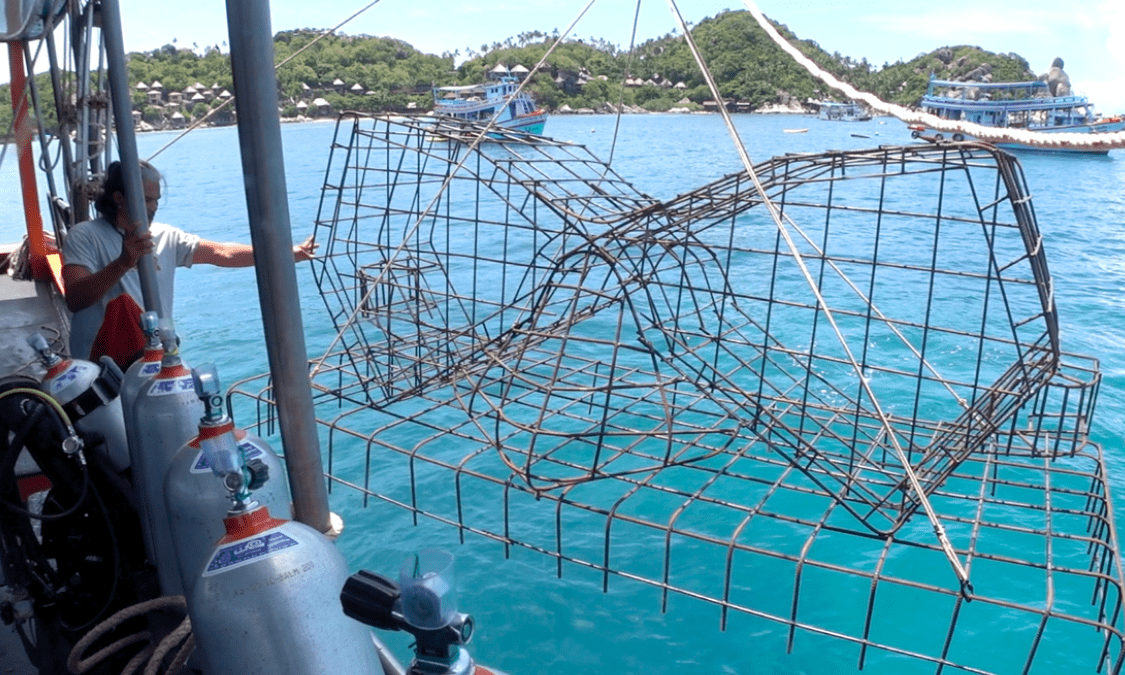
Step 4
Sinking Phase
Once the structure was complete, it was time to sink the reef to the ocean floor. We selected a safe, sandy location that wouldn’t disrupt nearby natural reefs.
A team of highly trained divers then carefully lowered the structure into position.
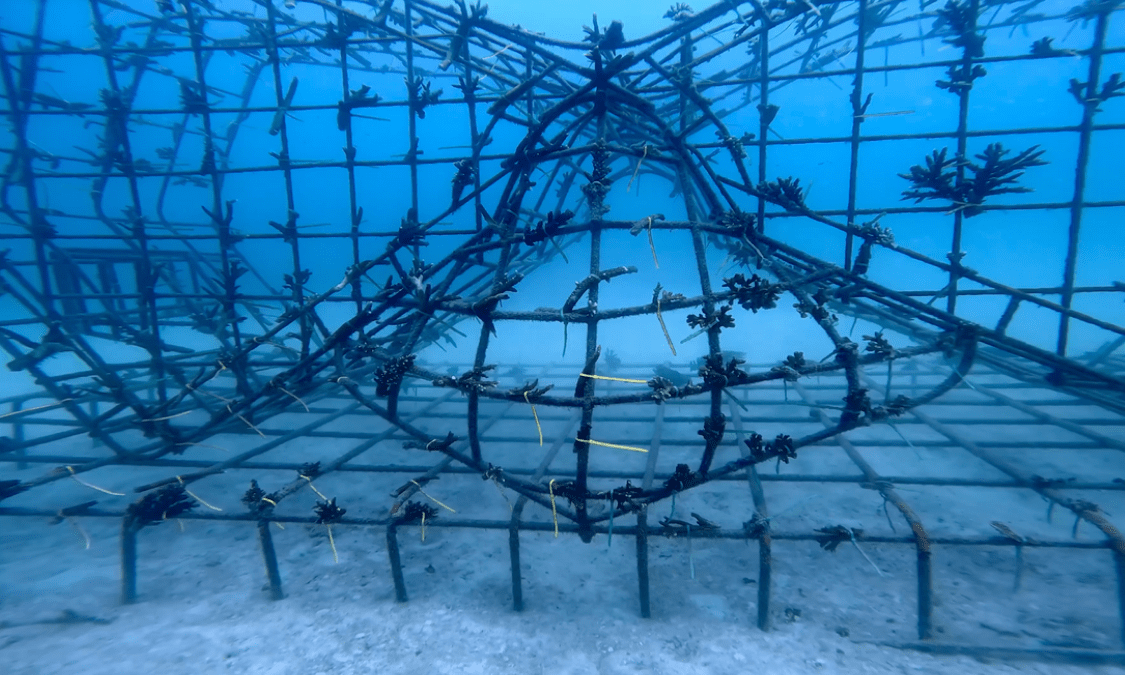
Step 5
Planting Corals Phase
After allowing some time for the sediment to settle, Global Reef’s team of marine biologists and certified coral planters (including our founder James) began planting the first round of corals.
For this structure and location, we used staghorn corals (from the branching coral family Acropora).
The coral planters collect broken bits of coral from nearby reefs and give them new life by attaching them to the steel structure.
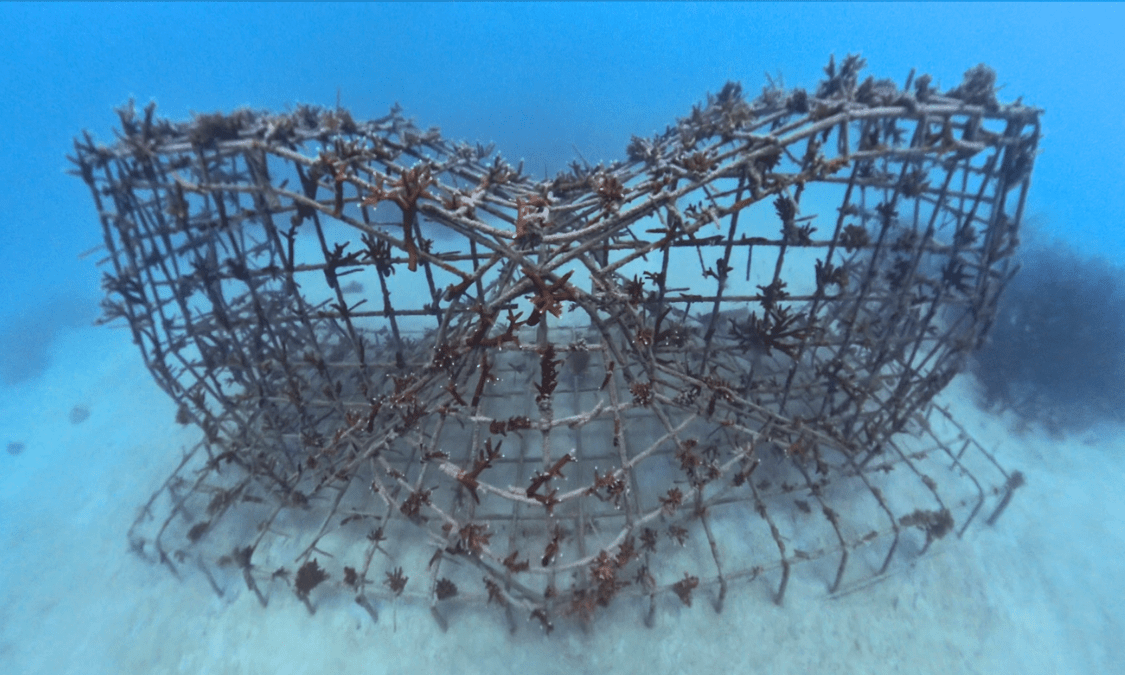
Step 6
